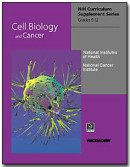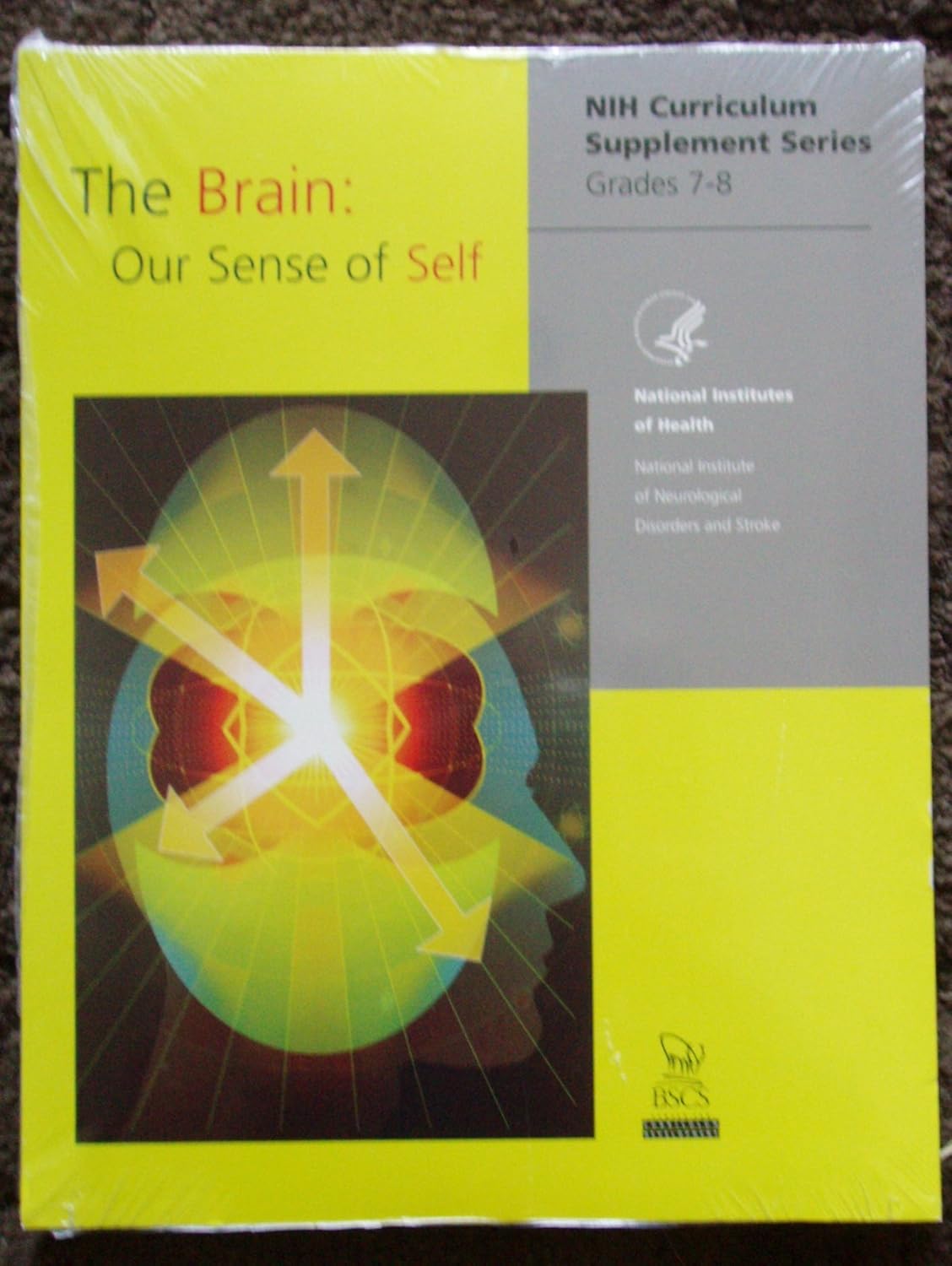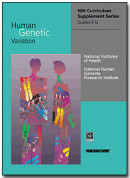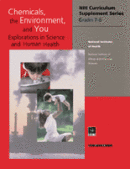
With today’s rapidly changing workplace, emerging technologies and new scientific issues, K–12 educators are challenged to prepare themselves and their students for the future.
Since 1994, NCABR’s Rx for Science Literacy workshops have helped more than 5,290 educators from 97 of North Carolina’s 100 counties do just that.
At the workshops, educators tour a research facility, hear from scientists about their latest research advances and take home a free curriculum and other bioscience education materials.
Each workshop is completely free to attend. You may attend as many workshops as you like.
The Rx for Science Literacy series is open to all K–12 science teachers and administrators in North Carolina as well as preservice teachers actively pursuing a degree in education.

Cell Biology and Cancer
Friday, November 15, 2024
Duke University
8:00 a.m. – 4:00 p.m.
Rx for Science Literacy is partnering with Duke University to present Cell Biology and Cancer, a one-day workshop at Duke.
About the Workshop: This workshop will feature an overview of the National Institutes of Health’s Cell Biology and Cancer curriculum, which is geared for use with high school and advanced middle school students. The workshop will focus on cell function and the behavior of cells in the body. Duke scientists will discuss their current cancer research, and attendees will receive an electronic copy of the curriculum at the workshop.
About the Curriculum: The NIH Cell Biology and Cancer curriculum supplement addresses the development and impact of cancer and the research that has guided public health policies and medical interventions that are helping prevent, treat and cure the disease. It also focuses on the relationship between biomedical research and the improvement of personal and public health.

The Brain – Our Sense of Self
Wednesday, December 4, 2024
Duke University
8:00 a.m. – 4:00 p.m.
Rx for Science Literacy is partnering with Duke University to present The Brain – Our Sense of Self, a one-day workshop at Duke.
About the Workshop: This workshop will feature an overview of the National Institutes of Health’s The Brain our Sense of Self curriculum, which is intended for use with middle school students. Teachers of all grade levels are invited to attend. Duke researchers will discuss current research in neuroscience and psychiatry looking at aspects of autism, ADHD and depression. Attendees will receive a free copy of the curriculum at the workshop.
About the Curriculum: The NIH The Brain our Sense of Self curriculum, developed by the National Institute of Neurological Diseases and Stroke, explores brain function and the various roles of the brain within the nervous system. Students learn that brain function is not predetermined and that the brain can change with learning throughout life. The lessons in this curriculum help students sharpen their skills in observation, critical thinking, experimental design, and data analysis. The curriculum also conveys to students the purpose of scientific research and that ongoing research affects how the world is understood and gives the foundation for improving choices about personal and community health.

Human Genetic Variation
Tuesday, March 25, 2025
Virtual with NIEHS
8:15 am – 4:15 pm
Rx for Science Literacy is partnering with the National Institute of Environmental Health Sciences (NIEHS) to present a one-day virtual workshop, titled: Human Genetic Variation.
About the Workshop: This workshop will feature an overview of the National Institutes of Health’s Human Genetic Variation curriculum and will address the basics of human genetics, its potential to improve human health, and its application towards understanding and describing human evolution. This workshop is most applicable to high school teachers and those teaching advanced middle school students.
NOTE: This workshop is virtual and there is a maximum capacity of 50 participants. All participants will be mailed a physical copy of the curriculum shortly after the workshop. This virtual workshop will be offered live and will not be available as a recording after the program is over. To receive continuing education credits for the program, all participants will be expected to participate in the entire workshop from 8:15 a.m. to 4:15 p.m. and to submit an online program evaluation after the workshop. Substitute teacher reimbursement will be provided for North Carolina educators only.

Chemicals, the Environment, and You
Monday, March 31, 2025
Virtual with NIEHS
8:15 am – 4:15 pm
Rx for Science Literacy is partnering with the National Institute of Environmental Health Sciences (NIEHS) to present a one-day virtual workshop, titled: Chemicals, the Environment, and You.
About the Workshop: This workshop will feature an overview of the National Institutes of Health’s Chemicals, the Environment, and You curriculum. The curriculum focuses on the science of toxicology to help students understand the relationship between chemicals in the environment and human health. It also addresses the influence of chemicals on the health of living organisms.
NOTE: This workshop is virtual and there is a maximum capacity of 50 participants. All participants will be provided a link to the online curriculum shortly before the workshop. This virtual workshop will be offered live and will not be available as a recording after the program is over. To receive continuing education credits for the program, all participants will be expected to participate in the entire workshop from 8:15 a.m. to 4:15 p.m. and to submit an online program evaluation after the workshop. Substitute teacher reimbursement will be provided for North Carolina educators only.

